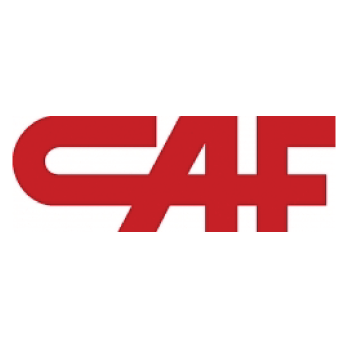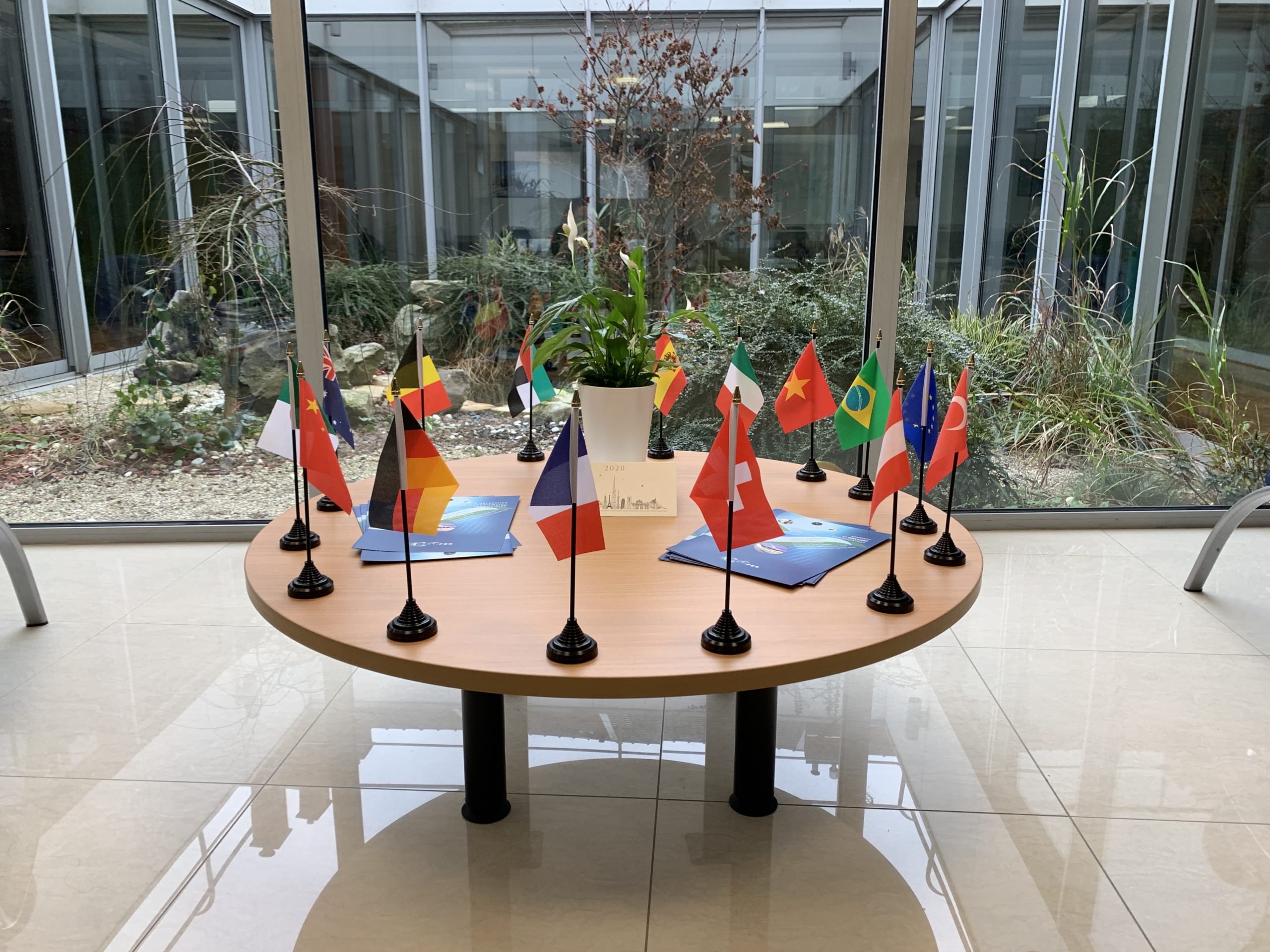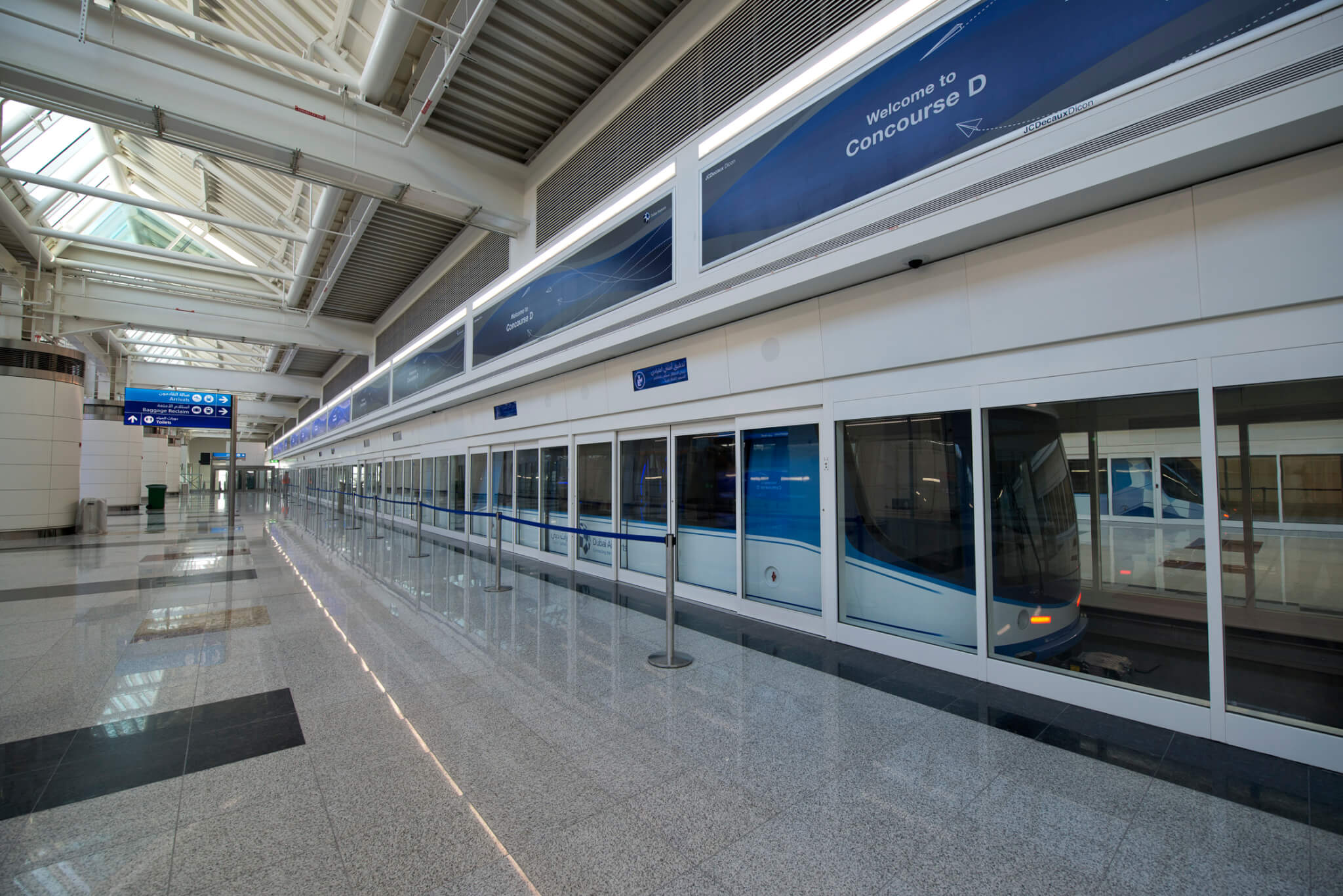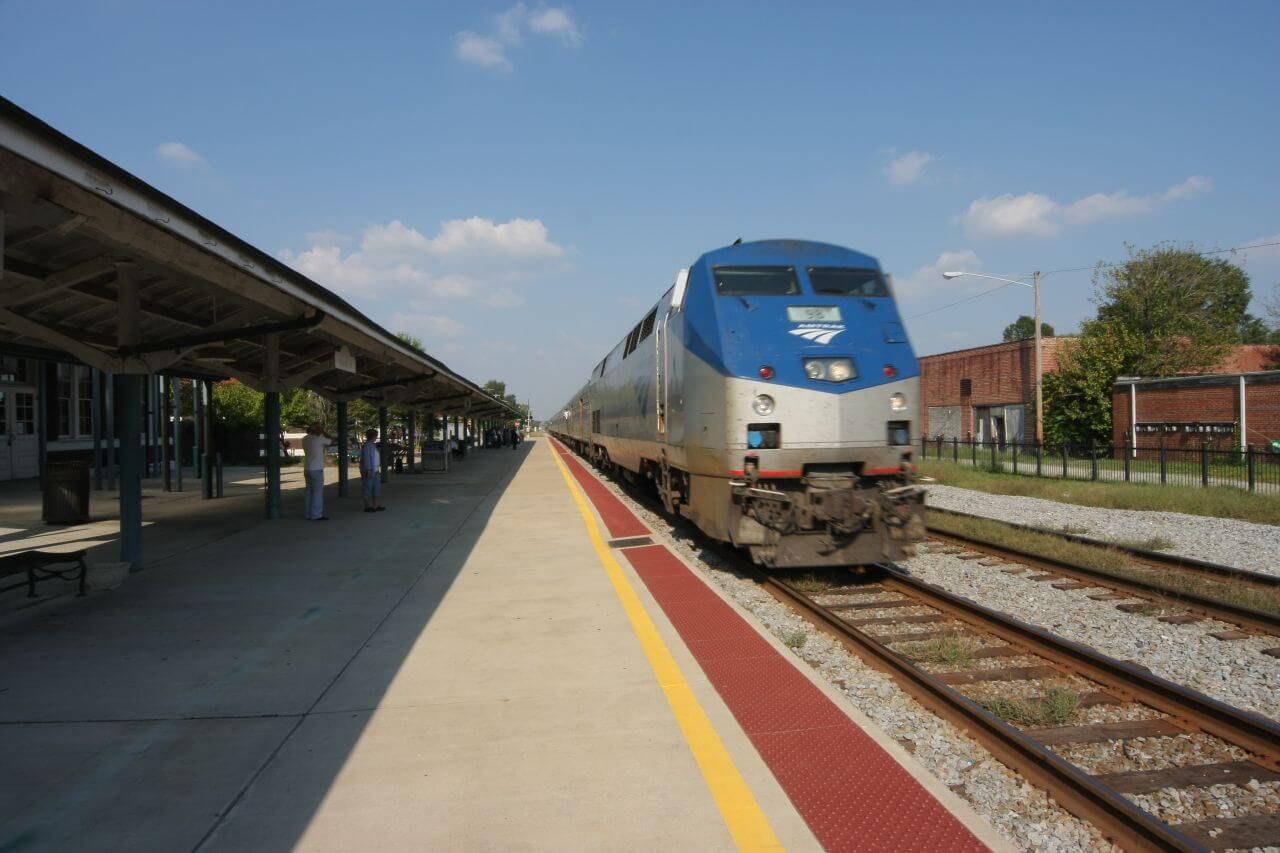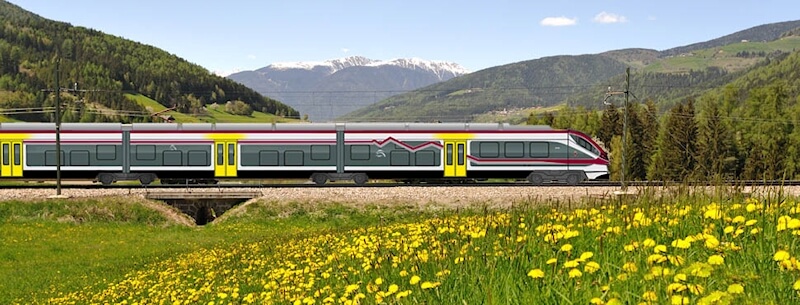The main operator in Latvia, Pasažieru Vilciens has awarded CAF the contract for the supply of 34 electrical units and 7 diesel units which run in the Baltic country. The total for the operation exceeds 400 million euros; and includes the maintenance of the vehicles for 30 years, as well as the construction and modernisation of the new facilities where said maintenance tasks shall be carried out.
Largest Rolling Stock Purchase in Latvia
This contract is the largest rolling stock purchase in history in Latvia, and forms a part of the framework of the Latvian government’s project for infrastructure modernisation. It must be pointed out that some of these trains shall be produced in Latvia, where CAF shall contract out part of the production to the local manufacturer RVR (RÎGAS VAGONBÛVES RÛPNÎCA) thus contributing to local economic and industrial development.
CAF’s Civity Platform – Electric Traction Trains (EMUs) and Electric Diesel Traction Trains (DMUs)
For PV, these trains are based on CAF’s Civity platform for suburban and medium distance trains, and are equipped with stage of the art technology with regards to energy consumption, environmental protection and safety equipment. The first units are scheduled to be delivered by mid 2014 with completion required during 2015.
The contract includes two types of trains. First, electric traction trains (EMUs) to run on electrified tracks at 3000 Vdc, and, secondly, electric diesel traction trains (DMUs) to run on non-electrified lines. Both solutions are fitted with a Russian gauge, and consist of 3 low floor cars, with the two end cars being motor cars and the intermediate a trailer car. Each train has a capacity for 270 seated passengers and 190 standing passengers (300 and 150 respectively on diesel units) arranged along its length of 59.2 m, with an unobstructed passage along the train, providing for high capacity trains.
The trains are fitted with all that is required to run with all the required guarantees in the extreme cold weather conditions of Northern Europe, being able to reach speeds of up to 140 km/h. It must be pointed out that this is a strategic project for CAF as it would be the first point of reference for Civity trains with a Russian gauge, representing the first step towards marketing CAF vehicles in this market where there is great potential, such as the Russian market and that of the countries of the former Soviet Union.

